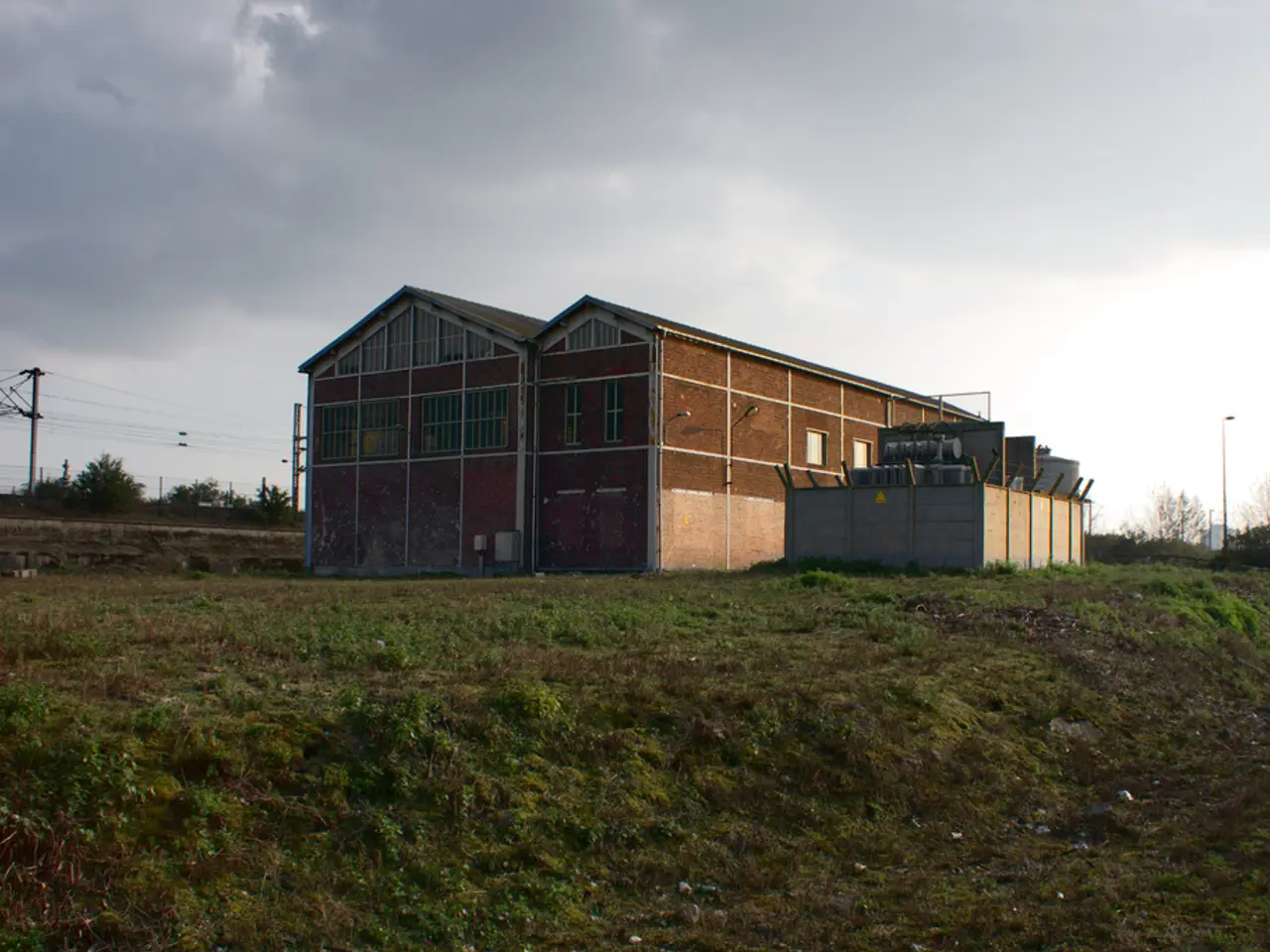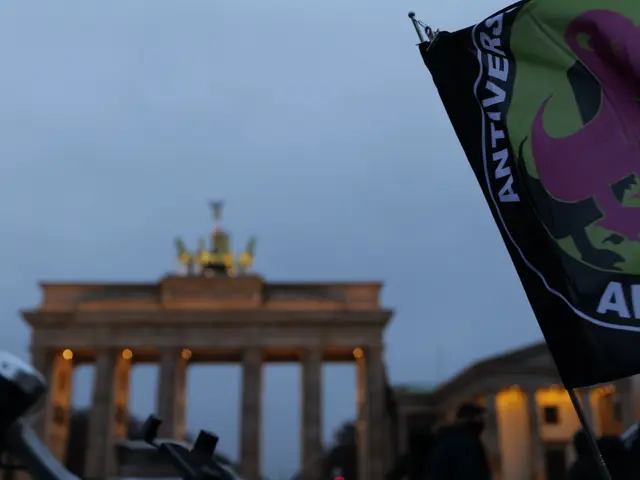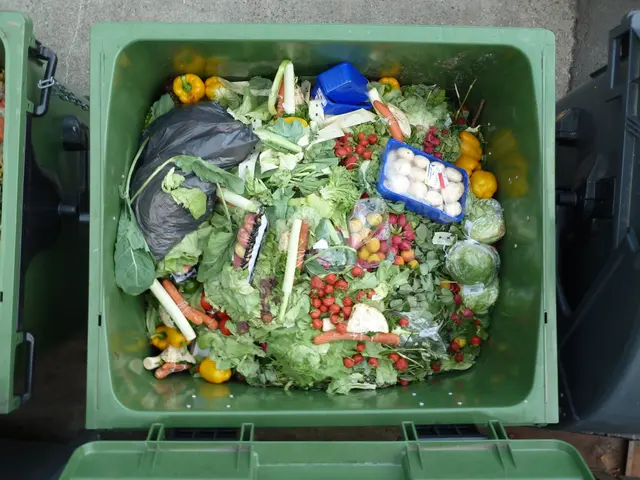Companies push for expanded participation in the magnet program
India is taking a strategic step to bolster its domestic rare earth magnet production, aiming to reduce dependence on China and strengthen critical technology supply chains for sectors such as electric vehicles, telecommunications, renewable energy, and defense. The government has announced an expansion of a Rs 1,350 crore (approximately $290 million) incentive scheme [2][4][1].
The scheme, which targets multiple auto and auto component manufacturers, covers the entire value chain from mineral extraction and refining to finished magnets. It provides subsidies for end-to-end producers, including both private and public sector enterprises [2].
Key details of the scheme include incentives worth Rs 1,345 crore focused on setting up manufacturing capacity for rare earth magnets within India, especially neodymium-iron-boron magnets essential for EV motors and green technologies [2][4]. The program follows a model similar to India's successful Production-Linked Incentive (PLI) schemes, offering financial support through a two-year gestation period for setting up facilities, followed by five years of incentives after production starts [1].
The government plans to incentivize production capacity with support up to Rs 600 crore for every 1,000 tons of magnet production capacity, targeting approximately 4,000 tons over seven years [1]. Participation involves competitive bidding, favouring companies proposing larger production capacity and higher domestic content, encouraging sustainable long-term manufacturing [1].
Major Indian players like Vedanta Group, JSW Group, and Sona BLW Precision Forgings have expressed interest, indicating the scheme’s potential to rapidly scale up production in the automotive and related sectors [3]. The incentive scheme is currently in the inter-ministerial consultation stage and is expected to be approved by the Cabinet soon.
However, concerns have been raised about limiting the scheme to two firms. Industry executives argue that this could hamper efforts to reduce reliance on imports, narrow the base of domestic capabilities, and prevent the development of a broader domestic ecosystem [5]. Smaller companies could scale up and compete with a multi-player approach.
The auto and auto components industry has urged the Ministry of Heavy Industries to expand the proposed scheme to more than two firms. No final decision has been taken yet on the number of firms to be supported in the proposed scheme. The scheme will be reviewed by departments including mines, atomic energy, IREL, and Niti Aayog before it is finalized.
It is crucial to note that rare earth magnets are essential components in electric vehicles, electronics, defence systems, and renewable energy technologies. Several countries, including Japan, South Korea, and the US, have strengthened and diversified their rare earth supply chains [6]. The scheme's eligibility norms, investment thresholds, and offtake guarantees are yet to be clarified. Consultations with relevant departments are ongoing before a decision is made.
These details are important for potential applicants to assess feasibility and commit to long-term investments. India risks missing out on opportunities unless it adopts a broader and more inclusive policy framework for rare earth magnet production. This expansion represents a significant step towards building a self-reliant and resilient rare earth magnet supply chain amid global geopolitical tensions and growing demand for clean energy and green transportation technologies.
- The finance ministry's expansion of a Rs 1,350 crore incentive scheme is aimed at strengthening the domestic production of rare earth magnets, which are critical for various industries such as electric vehicles, telecommunications, renewable energy, and defense.
- The scheme encourages both private and public sector enterprises to invest in the production of rare earth magnets, from mineral extraction and refining to the manufacturing of finished magnets.
- Key details of the scheme include financial support for the setup of manufacturing capacity for rare earth magnets within India, with incentives worth Rs 1,345 crore and support up to Rs 600 crore for every 1,000 tons of magnet production capacity.
- The scheme follows a model similar to India's successful Production-Linked Incentive (PLI) schemes, offering financial support through a two-year gestation period for setting up facilities, followed by five years of incentives after production starts.
- Potential applicants, including major industrial players like Vedanta Group, JSW Group, and Sona BLW Precision Forgings, must pay attention to the eligibility norms, investment thresholds, and offtake guarantees, which are yet to be clarified.
- The success of the scheme in reducing India's dependence on China for rare earth magnets and building a self-reliant and resilient supply chain will heavily depend on the adoption of a broader and more inclusive policy framework, allowing for the participation of multiple firms in the industry.








